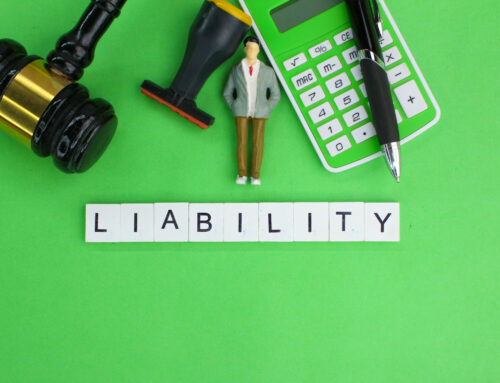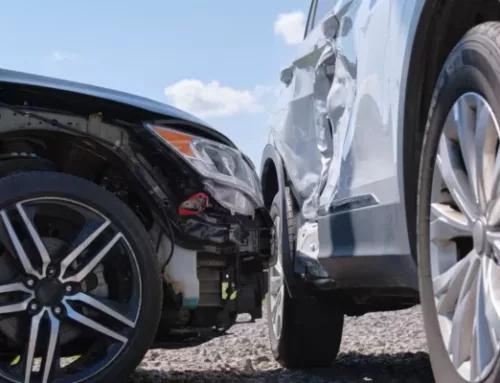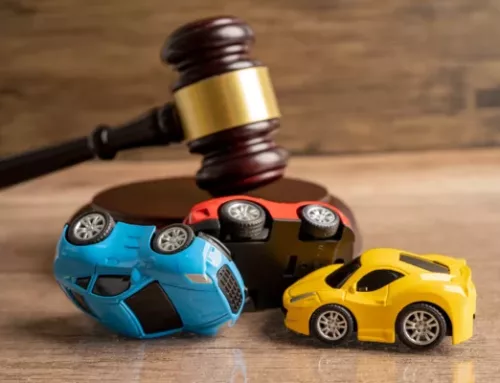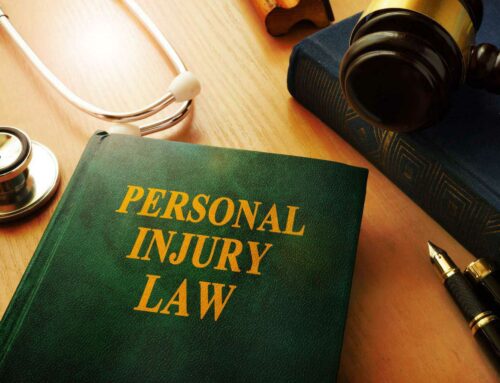What happens when a product you trust turns against you?
From food to cars, we trust products every day. What happens when a product defect or design issue breaks trust? How do product liability rules apply to different products? This is a common struggle. Product failures can have serious implications, so knowing your rights is crucial.
For anyone injured by a defective or dangerous product, this page explains how product liability law applies to different products. Justice begins with understanding these laws.
Ghaphery Law Offices, PLLC assists Wheeling residents. Our personal injury firm offers free product liability consultations. Don’t wait—contact us today for legal advice.
What is Product Liability?
When a product harms consumers, a company is held liable. Manufacturers, suppliers, and sellers of defective or dangerous products might be held liable.
West Virginia Code Section 55-7-13 governs product liability provisions. It allows a product’s design, manufacture, or warning flaw to cause personal injury, death, or property damage.
Under product liability law, stakeholders in the product life cycle have these duties:
Manufacturers
The product supply chain begins with manufacturers. They design and manufacture items, so they must assure safety and compliance with all rules. This requires deliberate design, careful material selection, accurate manufacture, and comprehensive testing to discover and fix potential problems or risks before the product reaches customers.
Manufacturers must follow local, state, and federal safety regulations. Product liability laws make manufacturers liable for consumer injuries if they fail to fulfill these requirements.
Suppliers and Distributors
Suppliers and distributors deliver and store products, connecting manufacturers and customers. They have two duties.
Firstly, they must maintain product quality during travel and storage. This implies they must keep and transport things safely. To prevent spoilage, perishable food suppliers must maintain sufficient refrigeration.
Secondly, suppliers and distributors must be diligent and not sell substandard products. They should be aware of recalls and safety alerts for products they handle and remove them from circulation.
Retailers
Retailers ensure product safety as the last link in the supply chain. They must examine stock quality and source from trusted manufacturers and suppliers. They must also remove dangerous products off their shelves after recalls and warnings.
Product liability rules hold retailers accountable for selling defective products. A Wheeling, West Virginia, business may be responsible for damages if a customer buys defective equipment.
What Are Common Injuries from Defective Products?
Defective items can cause several injuries, depending on the product and flaw. Defective product injuries include:
- Physical Injuries: Defective items may cause these. Cuts, burns, fractures, sprains, amputations, and traumatic injuries are examples. Faulty furniture or kitchen appliances could cause burns.
- Poisoning or Toxic Exposure: Unlabeled dangerous products can poison others. Certain cleaning agents, lead-painted toys, and acid-leaking batteries can do this.
- Choking Hazards: Detachable pieces, especially in children’s items, can choke. Toys, childcare, and home objects can do this. A toddler could choke if they swallowed a small chunk. This can be traumatic for the child and family and cause serious health issues.
- Electric Shock: Poorly wired or insulated electronics can electrocute. Toasters, hair dryers, and laptops can cause severe burns, nerve damage, and even death. These accidents might cause continuous medical treatment, income loss, and mental misery.
- Illnesses or Health Complications: Defective products can cause long-term health problems, lowering victims’ quality of life. Examples include drugs with unexpected adverse effects and foods and beverages that might cause food poisoning or severe allergic reactions. Understanding product liability laws for different items is important since defective or mislabeled chemical products can cause chronic ailments.
- Motor Vehicle Accidents: Defective brakes or airbags can cause fatal traffic accidents. Defects in the steering system, tires, lighting, or safety systems might cause a crash. Such a collision may require considerable medical treatment, expensive vehicle repairs, and trauma. Defects can cause deadly accidents, leaving families distraught and seeking explanations.
How Product Liability Laws Apply to Various Products
Product liability laws cover several products. Let’s examine how these regulations affect different categories.
- Consumer Goods: Electronics, appliances, apparel, and toys are examples. Product liability law covers a blender that catches fire due to a design flaw. The manufacturer or vendor may be liable for fire damage or harm.
- Pharmaceuticals: Medications and supplements should boost health, not harm it. The drugmaker may be accountable for unwarned negative effects. A medicine that causes significant health complications without the patient’s or provider’s knowledge is an example.
- Machinery and Tools: Industrial equipment must be safe. The manufacturer may be liable if malfunctioning machinery injures a worker. A defective saw that injures someone is a product liability case.
- Food and Beverage: This includes everything you eat, from canned products to restaurant meals. If a product causes food poisoning, the manufacturer or restaurant may be held accountable.
- Vehicles: Carmakers must ensure safety. Car manufacturers may be liable for accidents caused by defects. Bad brakes often cause accidents.
Seek Help from Ghaphery Law Offices, PLLC!
Ghaphery Law Offices, PLLC, a trusted Wheeling, West Virginia law office, can help you with a variety of legal services. We also handle car accidents, estate law, nursing home abuse, and more.
Let’s focus on how product liability rules relate to different products. Our lawyers have represented many defective product victims. We fight for our clients’ rights using our extensive understanding of product liability law.
From product defects to injuries, we thoroughly analyze your case. We painstakingly gather information, confer with medical professionals, and establish a strong case. Our mission is to get you the compensation you deserve for your hardship.
Ghaphery Law Offices, PLLC, can help Wheeling, West Virginia residents hurt by defective products. We’ll help you get justice during this tough moment. Request a free consultation today. We’re eager to assist.






